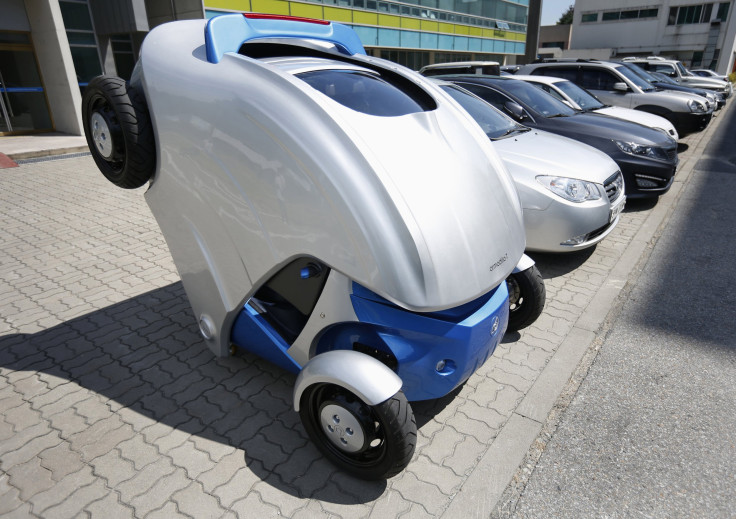Electric Vehicle Makers Must Agree On Standards

Standards will be most important in determining the success of electric vehicles. Currently, hybrid vehicles are used to solve the problem of different standards. A traditional petrol engine is used to back up and potentially recharge the electric engine. However, hybrids are more like fuel-efficient traditional vehicles, not like pure electric cars.
Electric vehicles will become more popular than traditional fuel cars if they have a longer range and can access a network of recharging stations. Building charging stations is a big upfront investment that is only viable if they can be used by a wide range of electric vehicles, and if there are enough vehicles in use. To establish standards, there are a number of possibilities.
A government can mandate a particular standard and require manufacturers selling in their country to use that standard. This solution can lead to a uniform standard if other countries follow. There can be a problem if the country chooses a standard that is unsuitable for manufacturers because then, that standard may not be maintained in other countries and that country will then be left behind.
The other alternative is to leave standards to the market. Products will compete until one emerges as the dominant standard and the others are then driven out. But this has problems. First, it leads to wastage if consumers get stuck with a product that has become obsolete. Second, it can lead to good products failing as consumers wait to see which standard comes out on top before they buy any product. Third, the winning product may not be the best standard.
The last option is that a consortium of businesses sets standards, as does happen in the case of mobile phones. The problem here is that each member of the consortium will try to promote a standard that uses its own intellectual property and if successful companies may choose to profit from their patents by charging monopoly prices.
China has approached the problem with a government-set standard. It has built a series of recharging stations every 25 kms from Beijing to Shanghai.
To contact the writer, email: sonali.raj@gmail.com




















